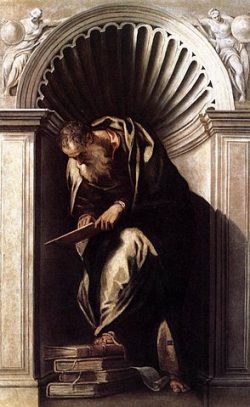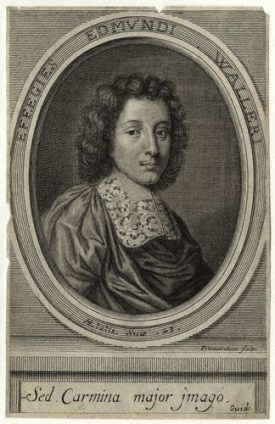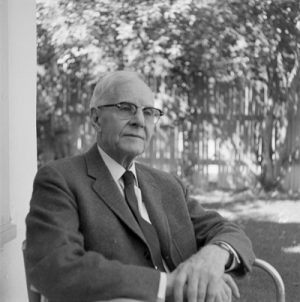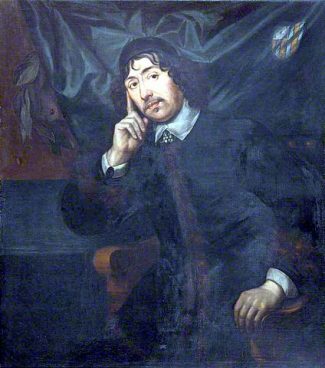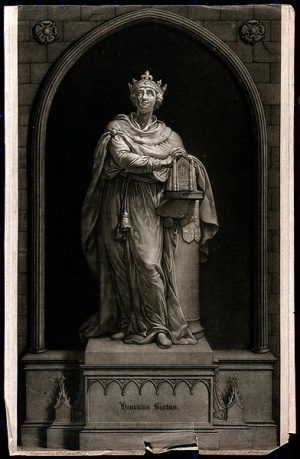Hesiod's Works (and his Days, as Well)
Note: This is another old Thermidor post, originally published on May 18, 2017.
Among Greek poets, two stand tall above all the others, Homer and Hesiod. One can easily see Homer’s appeal, with his renowned tales of heroes, war, and adventure, told with great craftsmanship and sublimity. Then you have Hesiod, who surveys the fields, tugs at his overalls, and says, “Good season for crops.”
Well, okay, that’s totally unfair to Hesiod, but the two poets’ themes and subject matter could hardly be more different. Before getting into that, though, let’s back up a little.
